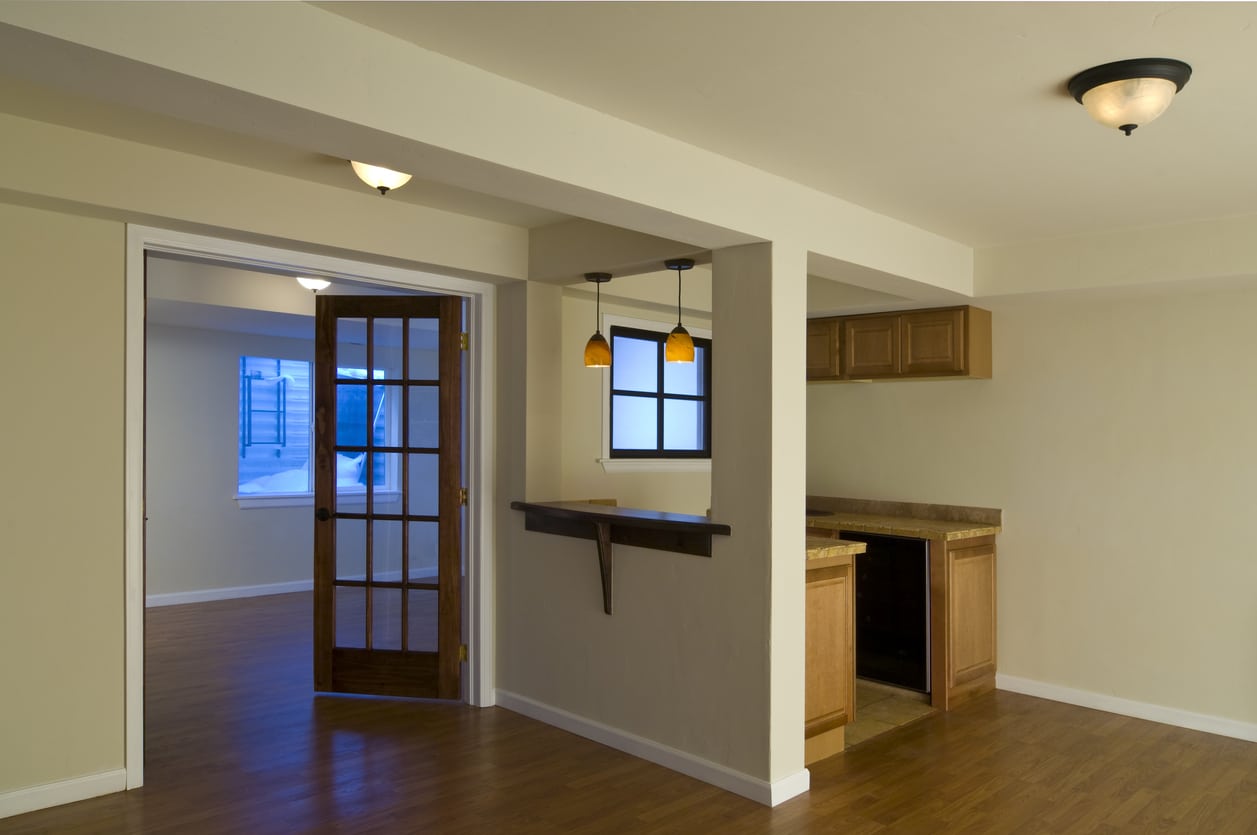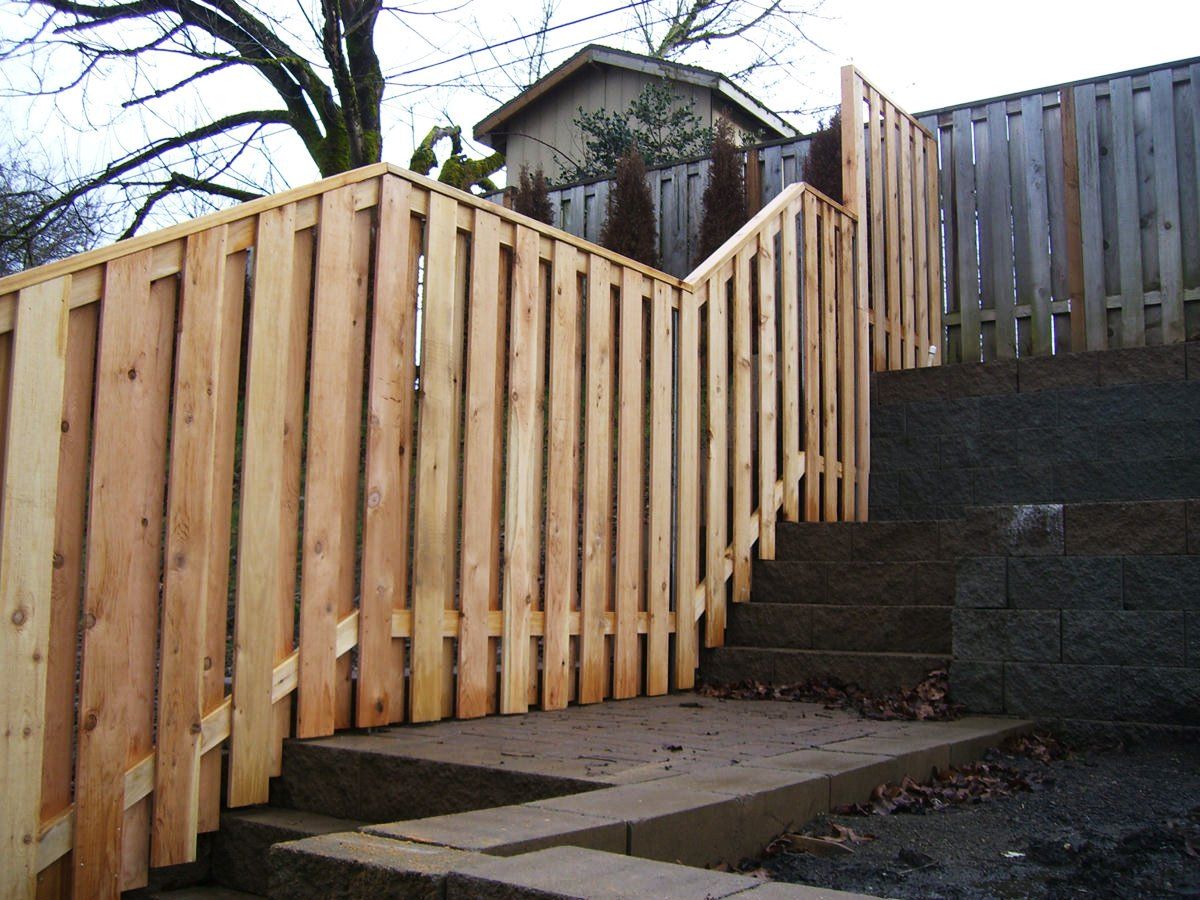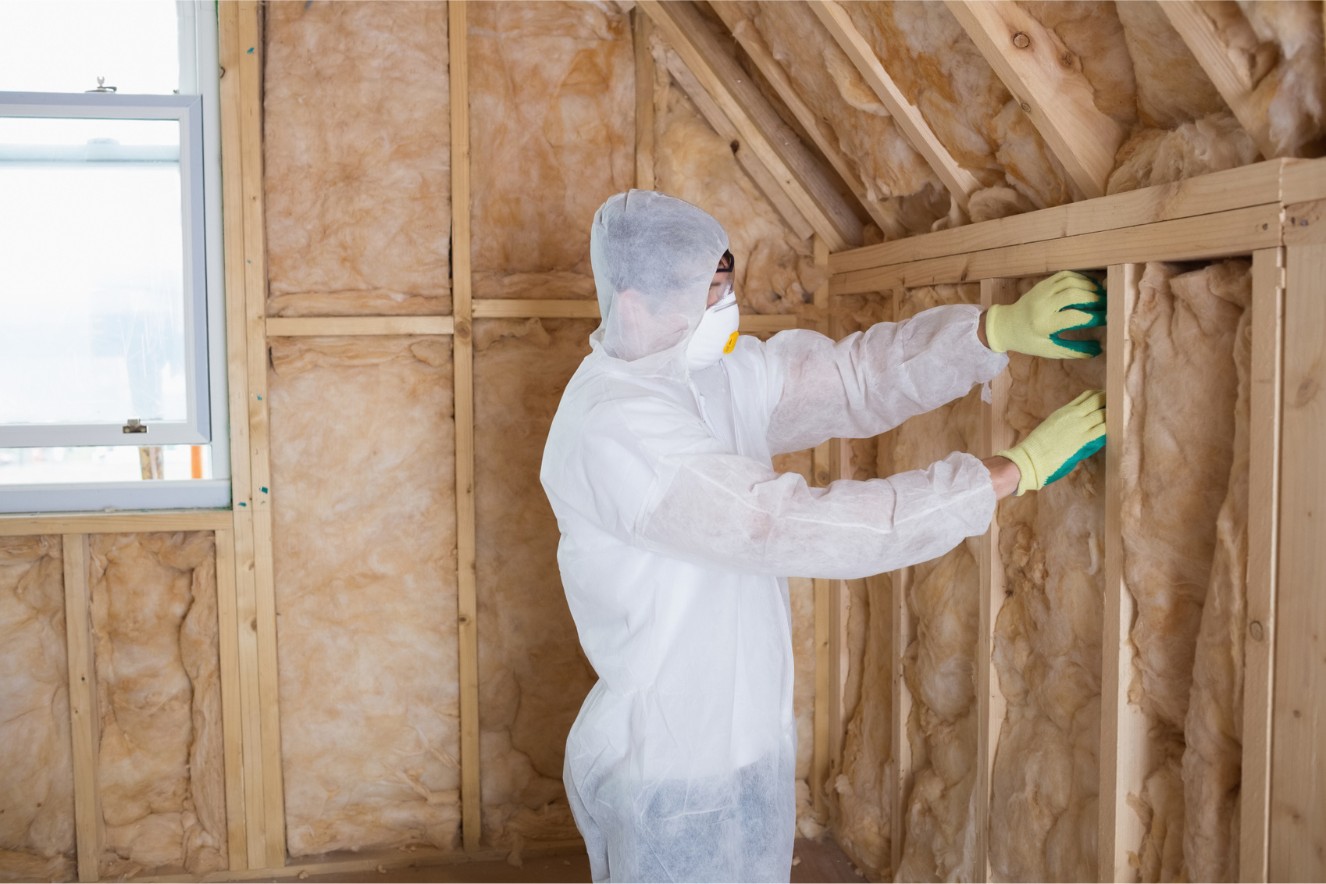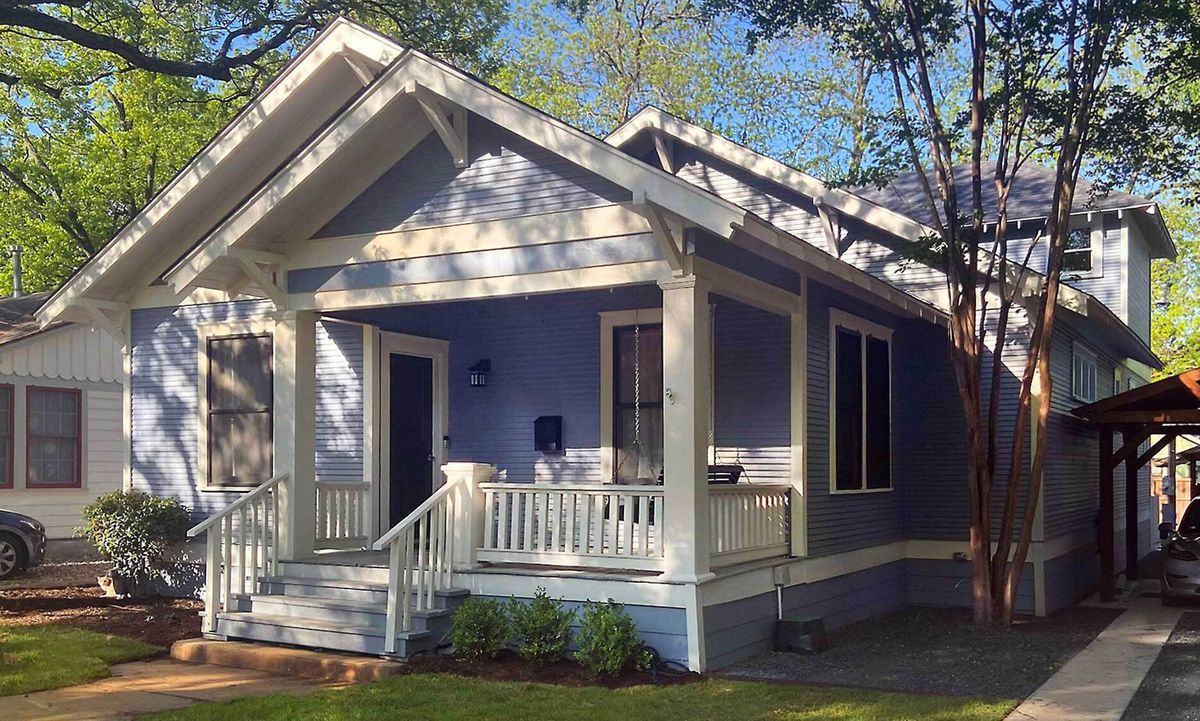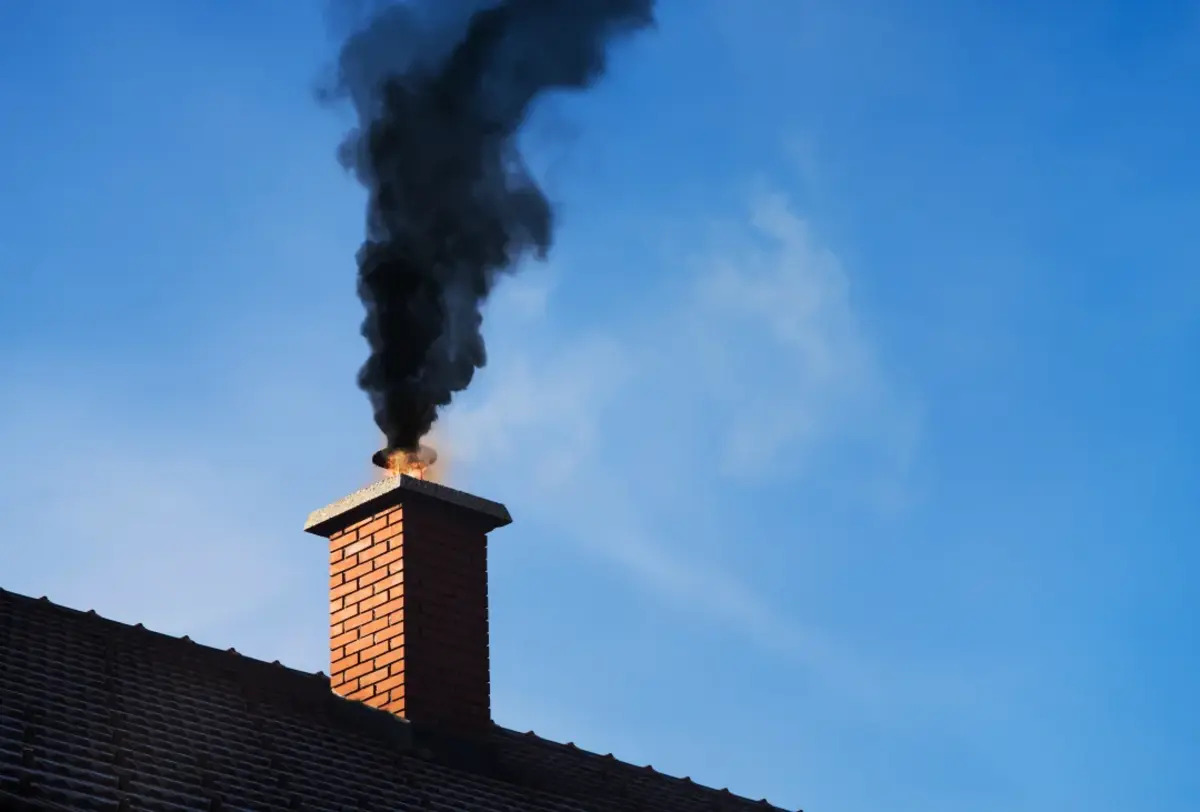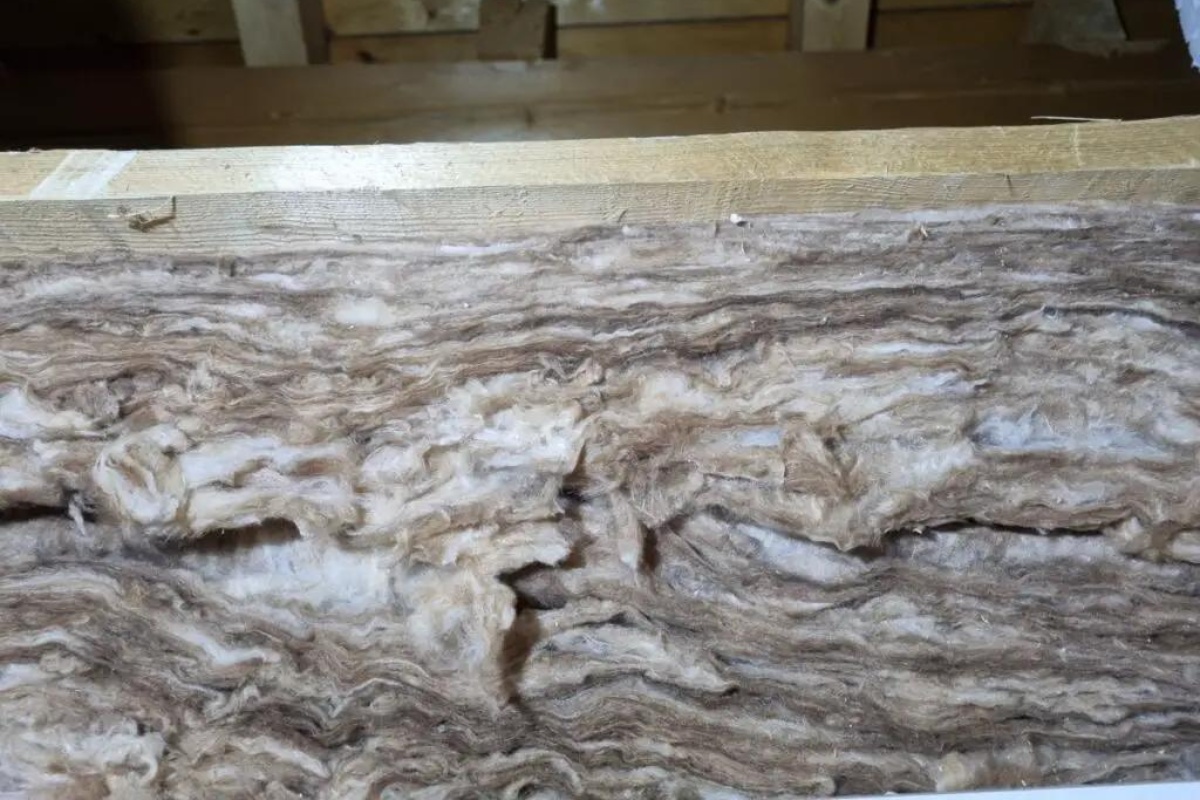Home>Home Maintenance>What Happens If You Don’t Have A Permit For Home Repair
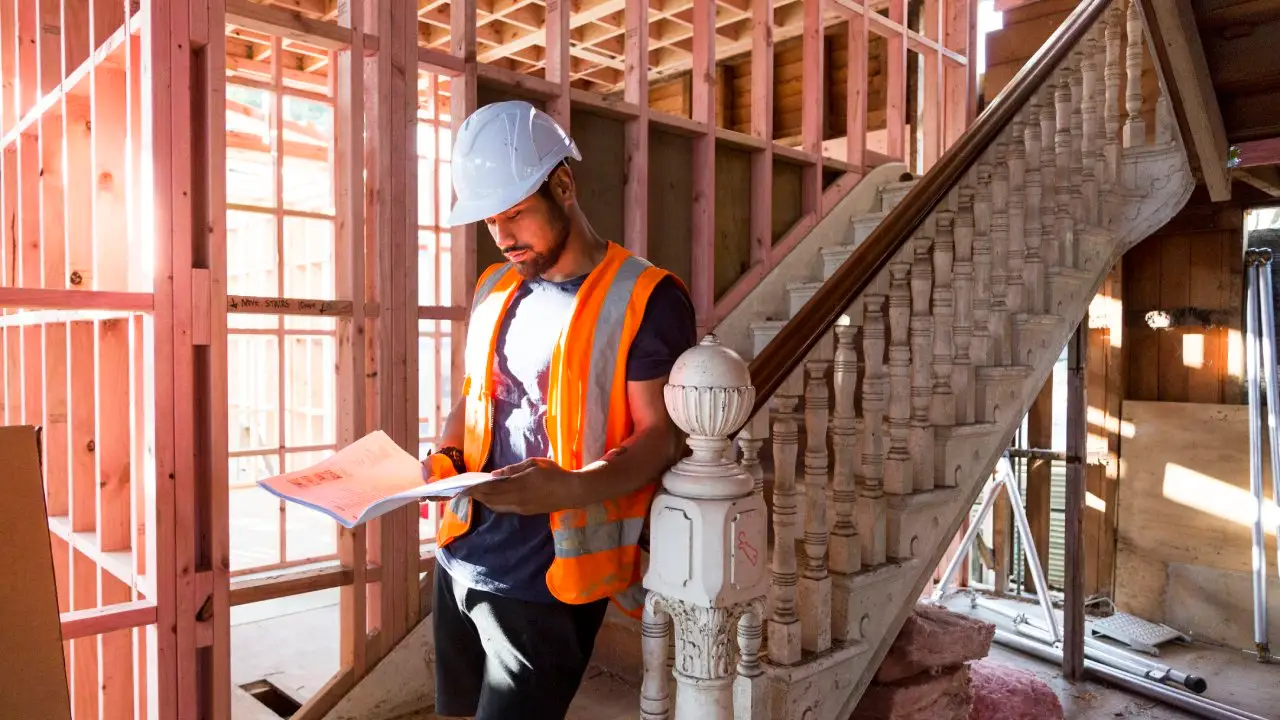

Home Maintenance
What Happens If You Don’t Have A Permit For Home Repair
Modified: March 6, 2024
Find out the consequences of not obtaining a permit for your home maintenance project. Protect your investment and avoid legal trouble with proper permits.
(Many of the links in this article redirect to a specific reviewed product. Your purchase of these products through affiliate links helps to generate commission for Storables.com, at no extra cost. Learn more)
Introduction
Welcome to the world of home repair! Whether you’re a seasoned homeowner or a first-time DIY enthusiast, it’s essential to understand the importance of obtaining permits for your home repair projects. Permits are a necessary part of the process, ensuring that the work is done safely, up to code, and in compliance with local regulations.
However, many homeowners may wonder what happens if they decide to skip the permit process and dive straight into their home repair projects. Is it really worth the time and effort? In this article, we will explore the consequences of not having a permit for home repair, including legal issues, insurance complications, and safety concerns.
So, grab a cup of coffee, sit back, and join us on this informative journey through the world of unpermitted home repair.
Key Takeaways:
- Skipping permits for home repair can lead to fines, insurance denials, safety hazards, and difficulties in selling or financing your home. It’s crucial to prioritize safety and legality in your home improvement projects.
- If you’ve already completed unpermitted work, consider applying for retroactive permits, seeking professional assistance, disclosing to potential buyers, amending insurance policies, or consulting an attorney. Taking proactive steps can help mitigate risks and rectify the situation.
Read more: What Happens To Grass If You Dont Cut It
Understanding Permits for Home Repair
Before delving into the repercussions of not having a permit for home repair, let’s take a moment to understand what permits entail. A permit is essentially official permission from your local government or building authority to carry out a specific home improvement project.
Permits are typically required for significant renovations, additions, structural changes, electrical work, plumbing updates, and other projects that may affect the safety or integrity of your home. They ensure that the work is done by licensed professionals, follows established building codes, and meets safety standards.
Obtaining a permit involves submitting detailed plans or blueprints of your project, paying a fee, and undergoing inspections during and after the completion of the work. This process not only ensures compliance with regulations but also protects you and future owners of the property by verifying the quality and safety of the work.
It’s important to note that permit requirements vary by location, so it’s crucial to check with your local building department or authority to determine which projects necessitate a permit. Failing to obtain a permit when required can have serious consequences. Let’s explore them further in the next section.
Consequences of Not Having a Permit for Home Repair
While it may be tempting to skip the permit process and dive straight into your home repair project, it’s essential to consider the potential consequences. Ignoring the need for a permit can lead to various legal, financial, and safety issues. Here are some of the most significant consequences:
- Legal Issues and Penalties: Building authorities take unpermitted construction seriously. If you proceed without a permit, you may face fines, stop-work orders, and even legal repercussions. In some cases, you may be required to undo the work you’ve done, resulting in additional expenses and wasted time.
- Impact on Insurance Coverage: Homeowners insurance policies often have clauses that exclude coverage for damages caused by unpermitted work. If something goes wrong during or after the repair, your insurance company may deny your claim, leaving you to bear the financial burden.
- Safety Concerns: Permits help ensure that the work being done is safe and up to code. By bypassing the permit process, you run the risk of compromising the structural integrity of your home or creating hazardous conditions. This can result in injuries to yourself, your family, or future occupants of the property.
- Complications with Resale: When it comes time to sell your home, unpermitted renovations can complicate the process. Buyers may be hesitant to purchase a property with unpermitted work, as it raises concerns about the quality and safety of the repairs. This can potentially lead to lower offers or even deter potential buyers altogether.
- Difficulty in Financing: If you plan to refinance or take out a home equity loan, lenders may require proof of permits for any previous improvements. Without the necessary documentation, obtaining financing for future projects can be challenging, limiting your ability to enhance your home’s value.
It’s clear that the consequences of not having a permit for home repair can be far-reaching and financially burdensome. It’s always better to err on the side of caution and follow the proper channels to ensure that your projects are legal, safe, and ultimately beneficial.
Legal Issues and Penalties
When it comes to home repair, ignoring the need for a permit can have severe legal implications. Building authorities and local governments have established permit requirements to protect the safety and well-being of homeowners and ensure that construction activities adhere to building codes and regulations. Here are some of the legal issues and penalties you may face if you undertake unpermitted work:
- Fines and Penalties: Building departments take unpermitted construction seriously and often impose hefty fines for violations. The exact amount varies depending on the location and the severity of the violation. These fines can quickly add up, significantly impacting your budget and potentially outweighing any initial cost savings from avoiding permits.
- Stop-Work Orders: If it’s discovered that you’re doing construction without the necessary permits, authorities can issue a stop-work order. This means you’ll be required to halt all construction activities until the permits are obtained and the necessary inspections are conducted. This can cause significant delays, disrupt your project timeline, and incur additional expenses.
- Legal Repercussions: In some cases, ignoring permit requirements can result in legal action. Building departments have the authority to take legal action against homeowners who perform unpermitted work. This can lead to costly legal battles, fines, and even court-ordered removal or undoing of the work already completed.
- Difficulty in Selling the Property: Unpermitted work can complicate the sale of your home. When potential buyers discover unpermitted renovations, they may become wary of the property’s quality and legality. This can lead to delays, lower offers, or even the collapse of a sale. To avoid this, you may be required to disclose any unpermitted work, further impacting your ability to sell the property at a desirable price.
- Insurance Coverage Limitations: Insurance companies may deny claims related to unpermitted work. If a problem arises, such as property damage or injuries caused by an unpermitted renovation, your insurance policy might exclude coverage for these incidents. This can leave you financially responsible for any resulting expenses and repairs.
It’s important to understand that building regulations and permit requirements exist for a reason – to protect homeowners and ensure the safety and integrity of structures. It’s always advisable to adhere to these regulations, obtain the necessary permits, and undergo the required inspections to avoid legal issues, financial penalties, and potential headaches down the road.
Always check with your local government to see if a permit is required for your home repair project. Not having a permit can result in fines and complications when selling your home.
Impact on Insurance Coverage
When it comes to home repair, insurance coverage is a critical aspect of protecting your investment. However, if you choose to undertake unpermitted work, it can have significant implications for your insurance coverage. Here’s how not having a permit for home repair can impact your insurance:
- Policy Exclusions: Most homeowners insurance policies have exclusions for damages caused by unpermitted work or renovations. If an incident occurs as a result of the unpermitted work, such as a fire or water damage, your insurance company may deny your claim, leaving you responsible for the costs of repairs and restoration. This can result in significant financial strain.
- Lack of Insurability: When it comes time to renew your homeowners insurance policy or switch insurance providers, unpermitted renovations may make your property less desirable to insurance companies. Some insurers may even refuse to provide coverage altogether, deeming the property a higher risk due to the unknown quality and safety of the unpermitted work.
- Voided Coverage: If an insurance company discovers unpermitted work during the claims process, they may void your coverage retroactively. This means that any previous claims you have made, even unrelated to the unpermitted work, could be denied, leaving you responsible for the full cost of damages. This can have devastating financial consequences for homeowners.
- Inadequate Coverage: Even if your insurance policy does not specifically exclude damages resulting from unpermitted work, the coverage might not be sufficient to fully cover the costs of repairs and rebuilding. Without proper permits and inspections, it is challenging for insurance companies to accurately assess the value of the improvements and adjust coverage accordingly.
- Difficulty in Obtaining Additional Coverage: If you plan to obtain additional coverage, such as a home equity loan or a second mortgage, lenders may require proof of permits for any previous renovations. Without the necessary documentation, securing the financing you need can be challenging.
It is crucial to review your insurance policy and speak with your insurance provider to understand the specific requirements and exclusions related to unpermitted work. By following the proper permit process, you can ensure that you have adequate insurance coverage and peace of mind in the event of an unforeseen incident.
Safety Concerns
When it comes to home repair, safety should always be the top priority. However, undertaking unpermitted work can compromise the safety of your home and put yourself, your family, and future occupants at risk. Here are some of the safety concerns associated with not having a permit for home repair:
- Structural Integrity: Permits ensure that construction work is done in compliance with building codes and regulations. Skipping the permit process means there is no oversight from building authorities, potentially leading to subpar workmanship and compromised structural integrity. This can result in collapsing roofs, sagging floors, or even complete structural failures, putting everyone in the home at risk of injury.
- Electrical Hazards: Electrical work is a common area where permits are required. Hiring unlicensed or inexperienced individuals to perform electrical installations or repairs without the necessary permits can lead to faulty wiring, overloaded circuits, and increased risk of electrical fires or electrocution.
- Plumbing Issues: Plumbing projects, such as adding new fixtures or rerouting pipes, often require permits. Without proper oversight, these projects can lead to leaks, water damage, or contamination of the water supply, posing health hazards and the potential for costly repairs.
- Fire Safety: Many home improvement projects involve fire safety measures, such as installing smoke detectors, fire-rated materials, or fire suppression systems. Without permits and inspections, it’s difficult to ensure that these measures are properly implemented and functioning correctly, putting occupants at risk in the event of a fire.
- Mold and Indoor Air Quality: Certain renovation projects, such as remodeling bathrooms or basements, can create ideal conditions for mold growth if not done properly. Permits often require the use of appropriate moisture barriers, exhaust ventilation, and mold-resistant materials, all of which help maintain healthy indoor air quality. Neglecting these requirements can lead to mold infestation, which can cause respiratory problems and other health issues.
By obtaining the necessary permits and undergoing inspections, you can ensure that your home repair projects meet safety standards and regulations. Compliance with building codes helps protect you and your loved ones from potential hazards and gives you peace of mind, knowing that your home is a safe and secure environment.
Alternative Options for Unpermitted Home Repair
If you find yourself in a situation where you’ve already completed home repairs without obtaining the necessary permits, it’s essential to address the issue proactively. While it’s always recommended to obtain permits and follow the proper channels, here are a few alternative options to consider:
- Apply for Retroactive Permits: In some cases, you may be able to apply for retroactive permits for the work you’ve already completed. Contact your local building department and explain the situation. They may work with you to assess the project and issue permits after conducting inspections to ensure compliance.
- Seek Professional Assistance: Consulting with a licensed contractor or professional can help determine the best course of action. They can assess the quality of the work, identify any potential safety concerns, and provide guidance on how to rectify the situation. They may also have experience in working with building departments to resolve unpermitted work issues.
- Disclosure to Potential Buyers: If you’re planning to sell your home, it’s important to disclose any unpermitted work to potential buyers. Transparency can help build trust and allow buyers to make informed decisions. You can also consider obtaining quotes from licensed contractors for bringing the work up to code, which can give potential buyers an idea of the cost involved.
- Amending Insurance Policies: Contact your insurance provider and inform them about the unpermitted work. They can guide you through any necessary updates to your policy to ensure adequate coverage. While this may not retroactively cover damages already caused by the unpermitted work, it can protect you moving forward.
- Consult an Attorney: If you’re facing legal issues or concerned about potential liabilities due to unpermitted work, it may be wise to seek advice from a real estate attorney. They can help navigate the legal complexities and guide you on the best course of action to mitigate risks.
It’s important to note that these alternative options may not remove all the risks and consequences of unpermitted work. It’s always best to obtain permits and follow the proper procedures from the start to ensure compliance with building codes and regulations. Taking the necessary steps to rectify the situation can help protect your investment, safety, and legal standing.
Conclusion
In the world of home repair, obtaining permits may seem like an extra hassle, but it is a crucial step in ensuring the safety, legality, and long-term value of your property. Skipping the permit process can lead to various consequences, including legal issues, penalties, insurance complications, safety concerns, and difficulties in selling or financing your home.
When you choose to proceed without permits, you not only jeopardize the structural integrity of your home but also put yourself and others at risk. Building codes and regulations are in place to protect homeowners and ensure that construction work meets safety standards and legal requirements.
However, if you have already completed unpermitted work, there are alternative options to address the situation. Applying for retroactive permits, seeking professional assistance, disclosing the work to potential buyers, amending insurance policies, and consulting with an attorney can help mitigate risks and rectify the issue.
Ultimately, it’s crucial to prioritize safety, legality, and compliance in your home repair endeavors. By obtaining the necessary permits, following building codes, and working with licensed professionals, you can ensure that your home remains a safe and secure environment while also protecting your investment.
Remember, home repair should never be taken lightly. It’s a responsibility that requires thoughtful planning, adherence to regulations, and a commitment to the welfare of yourself and your loved ones. So, before you pick up that tool or start that renovation, take the time to understand the permit requirements and ensure that your home improvement projects are done the right way.
Frequently Asked Questions about What Happens If You Don't Have A Permit For Home Repair
Was this page helpful?
At Storables.com, we guarantee accurate and reliable information. Our content, validated by Expert Board Contributors, is crafted following stringent Editorial Policies. We're committed to providing you with well-researched, expert-backed insights for all your informational needs.

